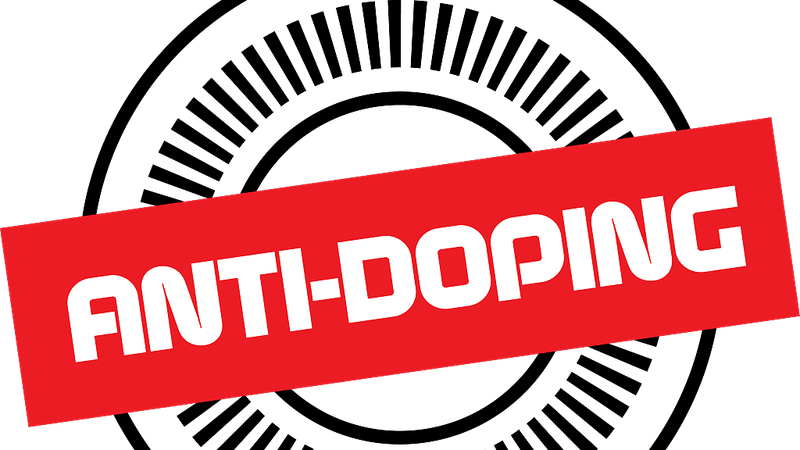In a surprising turn of events at the Paris 2024 Olympics, American sprinter Erriyon Knighton isn't just making headlines for his lightning-fast speeds but also for a controversial doping case. Despite testing positive for trenbolone in March, Knighton was allowed to compete after the U.S. Anti-Doping Agency (USADA) ruled that the banned substance came from contaminated meat. 🥩⚡️
USADA's decision has raised eyebrows, especially after Knighton's \"statement of innocence\" vanished from their official website, along with reports of his previously clean records. The plot thickened when the World Anti-Doping Agency (WADA) slammed USADA following a Reuters investigation. 📉🔍
WADA revealed that USADA had permitted athletes with doping violations to stay in the game while secretly acting as undercover agents. This practice, according to WADA, violates the World Anti-Doping Code and USADA's own rules. They highlighted at least three U.S. athletes caught in this double standard, pointing out that USADA failed to inform them as required. 🚫📜
In response, USADA CEO Travis T. Tygart insisted that WADA was aware of the athletes' roles in these investigations. However, the debate continues, sparking discussions across social media. One user on X (formerly Twitter) quipped, \"So, USADA didn't catch any cheats with their snitches. The snitches competed and lived happily ever after.\" 🗨️😂
This controversy not only questions the integrity of doping regulations but also highlights the complex relationship between athletes and regulatory bodies. As Knighton races towards Olympic glory, the sports world watches closely, wondering what this means for future competitions and the true meaning of fair play. 🏃♂️🌍✨
Reference(s):
cgtn.com




